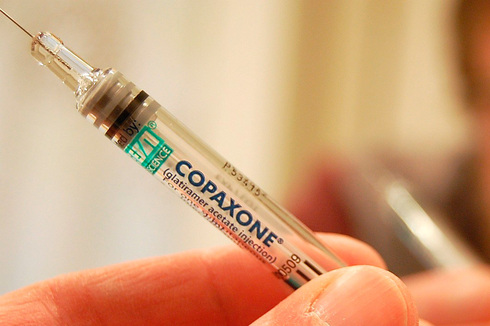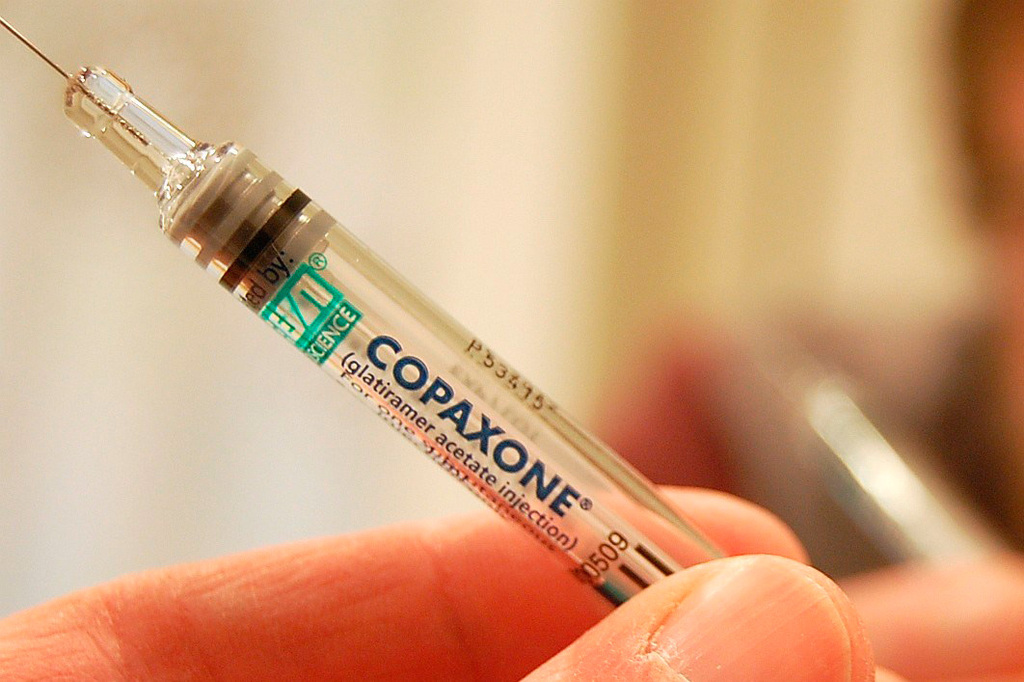
Teva to pay $450 million over Copaxone price inflation
Settlement with the Department of Justice addresses price hikes from $17,000 to $85,000 per year for the multiple sclerosis drug.
The Israeli pharmaceutical company Teva will pay $450 million as part of a legal settlement over inflating the price of its flagship drug, Copaxone, used to treat multiple sclerosis. Over the past two decades, the drug has generated billions in revenue.
However, suspicions emerged, particularly as Copaxone sales began to decline due to the availability of generic alternatives, that Teva had developed a complex scheme of donations that artificially inflated the drug’s price at the expense of U.S. taxpayers. As part of the settlement, Teva will not admit guilt and will pay the amount over six years.
According to the U.S. Department of Justice, Teva—and other pharmaceutical companies—implemented a strategy to subsidize part of the drug’s cost through charitable organizations. These organizations would cover a portion of patients' treatment costs, while the rest was billed to government programs like Medicare. This practice contributed to the price of Copaxone skyrocketing from $17,000 to $85,000 per year of treatment between 2006 and 2017.
The lawsuit against Teva, along with 12 other pharmaceutical companies, a pharmacy chain, and the involved charities, was filed in 2020. The Justice Department announced the settlement with Teva on Thursday, following earlier settlements with other companies totaling over $1 billion.
Teva’s settlement includes a $425 million payment related to Copaxone and the charitable associations and an additional $25 million for price-fixing in other generic drugs. The original lawsuit sought $10 billion in damages, but the final amount was determined after the Justice Department evaluated Teva’s financial situation.
This marks the resolution of another major legal challenge for Teva, following the settlement of its involvement in the large-scale opioid litigation in the U.S. in recent years.















